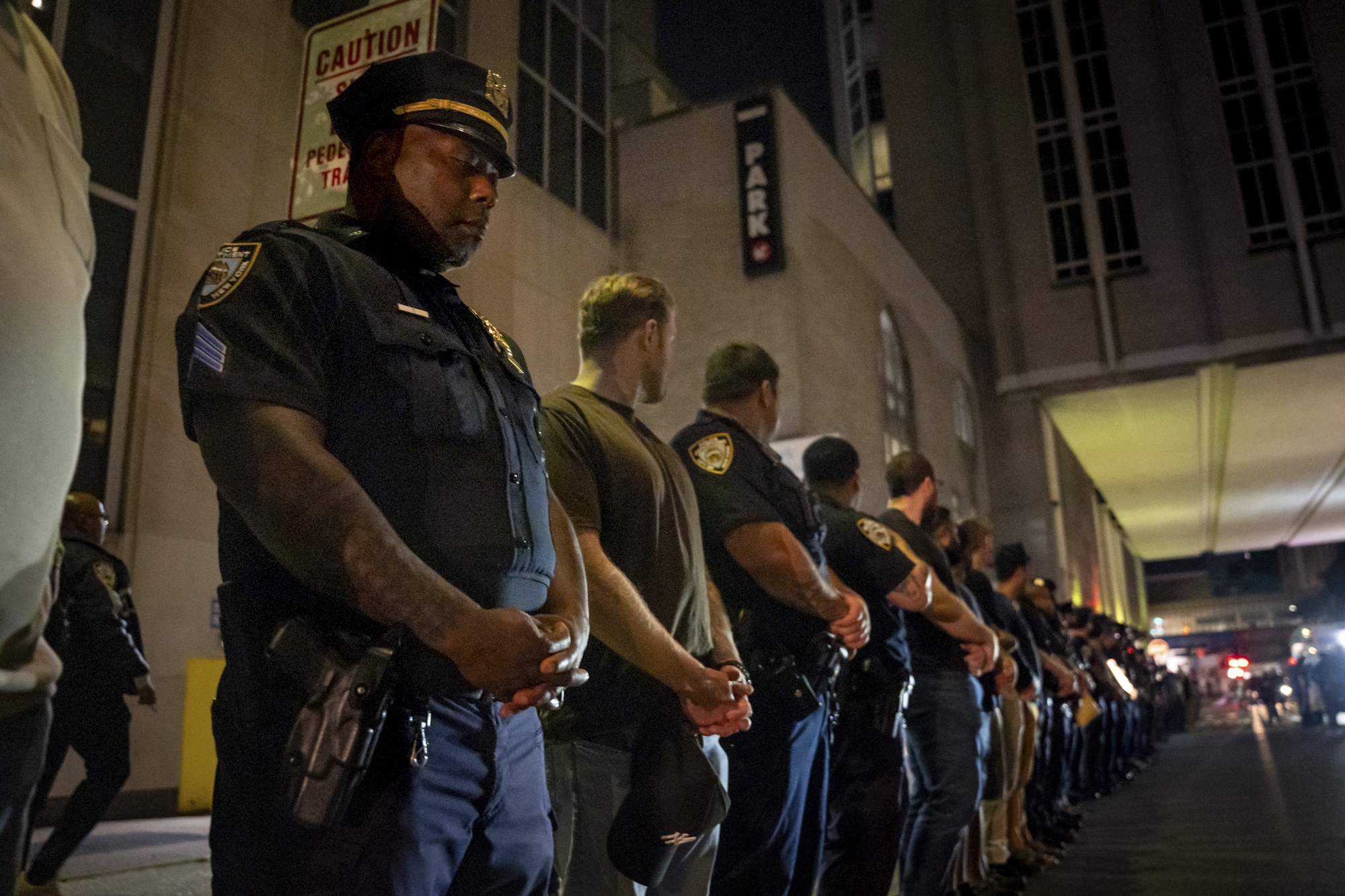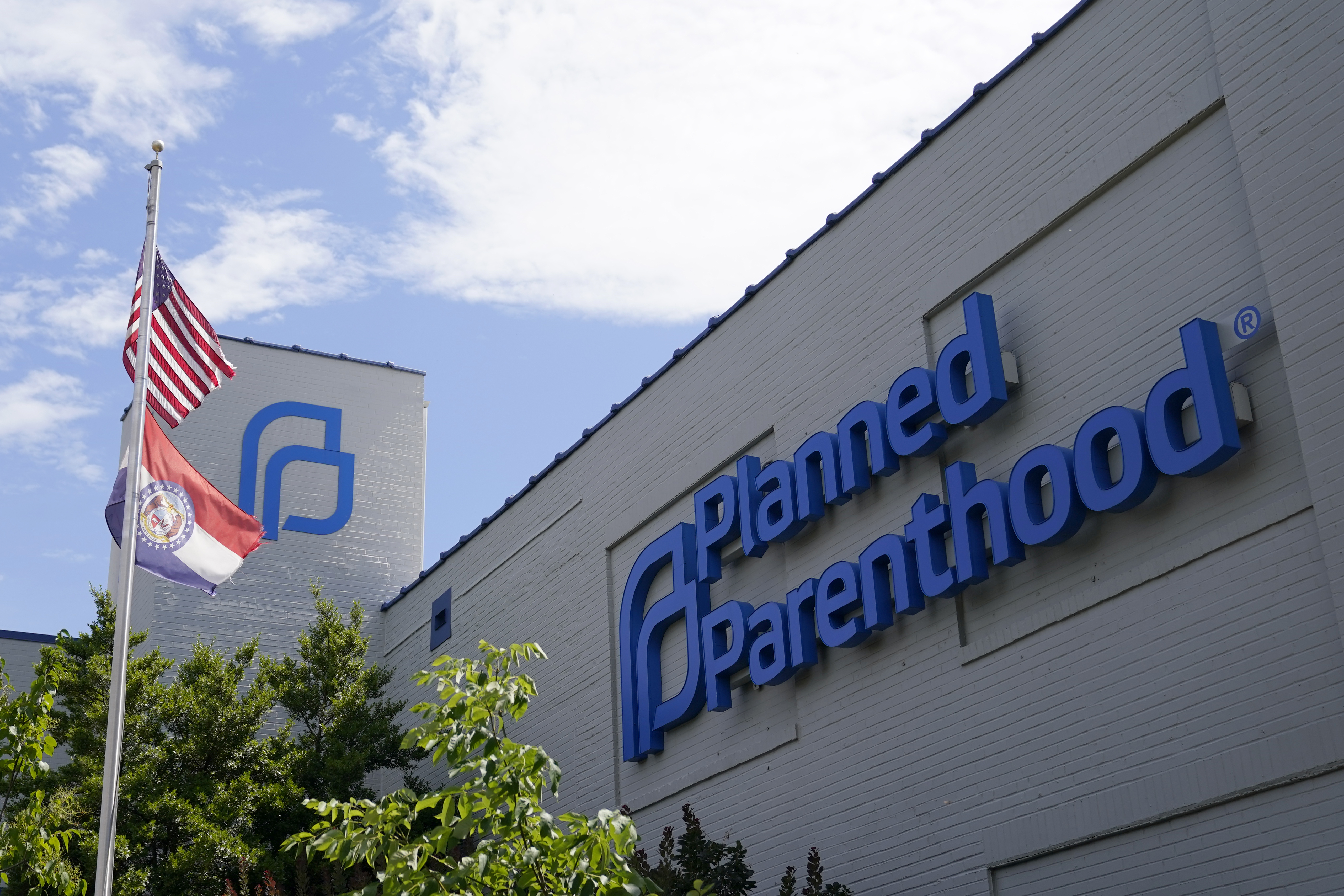The U.S. Centers for Disease Control and Prevention warned people on Thursday not to go on cruises, regardless of their vaccination status, because of onboard outbreaks fueled by the omicron variant.
The CDC said it has more than 90 cruise ships under investigation or observation as a result of COVID-19 cases. The agency did not disclose the number of infections.
"The virus that causes COVID-19 spreads easily between people in close quarters on board ships, and the chance of getting COVID-19 on cruise ships is very high," even if people are fully vaccinated and have received a booster, the CDC said.
The Cruise Lines International Association said it was disappointed with the new recommendations, saying the industry was singled out despite the fact it follows stricter health protocols than other travel sectors.
The decision "is particularly perplexing considering that cases identified on cruise ships consistently make up a very slim minority of the total population onboard," a statement said. "The majority of those cases are asymptomatic or mild in nature, posing little to no burden on medical resources onboard or onshore."
In March 2020, as the coronavirus took hold in the U.S., the CDC put a halt to all cruises for what turned out to be 15 months. Last June, it allowed ships to resume sailing under new strict new conditions.
In August, as the delta variant surged, the agency warned people who are at risk of severe illness despite being vaccinated not to go on cruises.
The CDC on Thursday also recommended that passengers get tested and quarantine for five days after docking, regardless of their vaccination status and even if they have no symptoms.
Omicron has sent cases skyrocketing to unprecedented levels across the U.S., including Florida, the hub of the nation's cruise industry. The state set another record this week for new daily cases, with more than 58,000 recorded Wednesday.
U.S. cruise lines have not announced any plans to halt trips, though vessels have been denied entry at some foreign ports.
Carnival Corp.'s spokesman Roger Frizzell said in an email after the CDC recommendation that the company had no planned changes.
"Our enhanced health and safety protocols have proven to be effective time and time again over the past year," he said.
Before the CDC announcement, Royal Caribbean Group said in a statement that omicron is leading to passenger cancelations and changes to itineraries, but it is causing "significantly less severe symptoms than earlier variants."
The company said that since cruising restarted in U.S. waters last spring, 1.1 million guests had traveled with its cruise lines and 1,745 people had tested positive for COVID-19, or about 0.16%.
It said that 41 people required hospitalization, and that no passengers hit with omicron had been taken to the hospital.
"We don't like to see even one case, but our experience is a fraction of the comparable statistics of virtually any other comparable location or industry. Few businesses are subject to such intense scrutiny, regulation and disclosure requirements by so many authorities," said Richard Fain, CEO of Royal Caribbean.
Most cruise lines require adult passengers to show proof of vaccination against COVID-19. Ships are allowed to relax measures such as mask use if at least 95% of passengers and 95% of crew are fully vaccinated.
Iris Krysty, 76, of Hamburg, New Jersey, and her husband are supposed to leave on a 10-day Caribbean cruise Jan. 19. This latest CDC warning leaves travelers like them in an unfair bind, she said. Krysty was told Thursday they can only get a refund if they test positive before the trip. So, they will go to avoid losing thousands of dollars — a decision their daughter and son-in-law are not happy with.
"I know they're upset about us going but that's a lot of money for us to lose," Krysty said. "As far as we know, we're going and hope we'll be OK."
Janine Calfo, 55, of Salt Lake City, put off a four-day Carnival cruise from Long Beach, California, to Ensenada, Mexico, earlier this month when she got a breakthrough case of COVID-19 three days before departure. She rebooked the cruise for February and is still set on going.
"This is my own personal opinion, but it looks like the omicron is going to be a quick burn," said Calfo, who is asthmatic and plans to get the booster in a couple of weeks. "My cruise is over 40 days away."
She added, though: "I think I will plan on getting travel insurance this time."
Additional reporting by The Associated Press.










